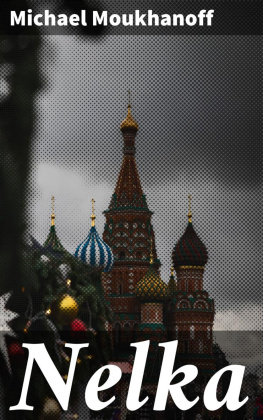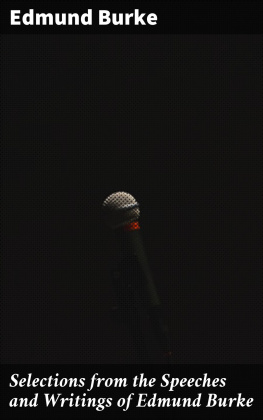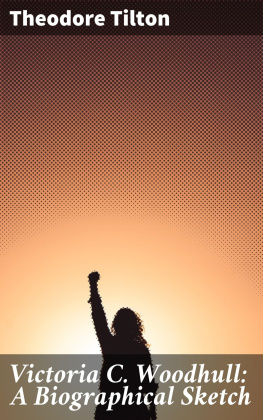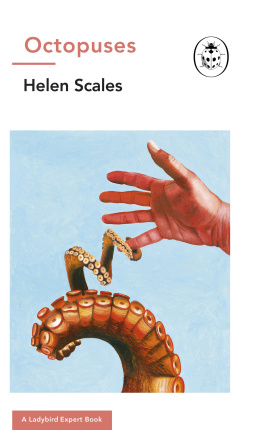FOREWARD.
Table of Contents
In attempting this biographical sketch of Nelka I am using thememories of 45 years together and also a great number of letters asmaterial. Her Aunt, Miss Susan Blow, had the habit of keepingNelka's letters over the years. There are some as early as whenNelka was only five years old and then up to the year 1916, the yearher aunt died. These letters reflect very vividly the personality,the ideas, the aspirations, the disappointments and the hopes of aperson over a period of a long life. They paint a very real pictureof her personality and for this reason I am using quotations fromthese letters very extensively.
Nelka de Smirnoff was born on August 19, 1878 in Paris, France.
Her father was Theodor Smirnoff, of the Russian nobility. Hergrandmother had tartar blood in her veins and was born PrincessTischinina. Nelka's father was a brilliant man, finishing theImperial Alexander Lyceum at the head of his class. A versatilelinguist, he joined the Russian diplomatic service and occupiedseveral diplomatic posts in various countries, but died young, whenNelka was only four years old, and was buried in Berlin. Nelkatherefore hardly knew him, though she remembered him and throughouther life had a great veneration for him and loyalty for his memory.
Nelka's mother was Nellie Blow, the daughter of Henry T. Blow of St. Louis, Missouri. The Blow family, of old southern aristocraticstock, moved from Virginia to St. Louis in 1830. Henry T. Blow wasthen about fifteen years old and had several brothers and sisters.He was a successful business man who became very wealthy and was alsoa prominent public and political figure, both in St. Louis andnationally. He was a friend of both Abraham Lincoln and of PresidentGrant and received appointments from them. He was minister toVenezuela and later Ambassador to Brazil. He was active in politicsfrom 1850 on. Though his brothers were southern democrats, Henry Blowtook a stand against slavery and upheld the free-soil movement.During the Civil War he was the only one of the family to take theside of the Union and spent much of his time getting his brothers outof prison camps. For a time he was state senator and for two termswas Congressman in Washington. He also served as one of the threeCommissioners for the District of Columbia.
He was married to Minerva Grimsley and had ten children. His daughterNellie Blow, while in Brazil with her father, met Theodor Smirnoffwho was then secretary at the Russian Embassy there. She married himin Carondolet, part of St. Louis, where the family lived, in 1872.They had three children, a boy and a girl, who died in infancy in St. Petersburg, Russia, and another girl, Nelka, who was born in 1878 andwas therefore the only living child.
Henry T. Blow's oldest daughter (and Nelka's aunt) Miss Susan Blowwas a prominent figure in the American educational movement, writingand lecturing on education, and the one who introduced the Froebelkindergarten system in the United States. The youngest daughter,Martha, married Herbert Wadsworth of Geneseo, N.Y. She was a verytalented musician and painter and later became a very knownhorsewoman.
After Nelka's father died in Europe, her mother returned to Americaand it was the first time that Nelka came here. As a daughter of aRussian, Nelka was also a Russian subject and remained a Russian thatway to the end. After the Russian Revolution, having no allegiance tothe Soviet Government, she became what is known as "stateless," aposition which in later years she liked, for she always said that shebelonged to the World, not just one country.
But as a child her mother wanted to bring her up as a Russian eventhough in many ways this was difficult, for there were no relativesand few connections left in Russia, her mother did not speak thelanguage and all ties and connections were in America.
Because of this conflict of attachments, Nelka's mother and shetraveled many times back and forth between Europe and America. Hermother gave her a very complete and broad education both in Americaand in Europe. In Europe she attended a very exclusive and ratheradvanced school in Brussels. Because of this Nelka spoke not onlyperfect French and English, but German as well.
When she was ten years old she went to a school in Washington. Shethen already showed interest and love for animals which later becamea dominant feature in her life.
Writing to her aunt Susie from Washington 1888:
"At Uncle Charles Drake the boys have a little pet squirrel; it don'tbite them but it bites strangers if you give it a chance to. Theyhave some little guinea pigs that are very cute."
She also at that age showed intellectual interests:
Washington 1888.
"I read very much now whenever I get a chance to. I think it issplendid and always amusing. I can play lots of little duets on thepiano with Mama. I love it."
Her stay in the school in Brussels was very profitable for herstudies and development and also showed in her letters how muchinterest she took in everything.
Brussels 1893.
"I know what you mean about my getting older. You think that at everydifferent age I would be content to be that age if I did not get anyolder. So I was. When I was ten I thought it would be dreadful to beeleven, but when I was eleven I was quite satisfied if I did not haveto be twelve, and so on. But ever since I have been fourteen I havethought it was awful and have never become reconciled to it."
Brussels 1894.
"I was first in grammar, literature and physics. Do you know the'Melee' of Victor Hugo? I have just read it and I like it so much. Iwould like to see some persons who have lived and who live. It makesme crazy to see people vegetate."
Brussels 1893.
"We went to Waterloo. We went by carriage all the way, first throughthe Bois de la Cambre and then on through the most perfect woodsimaginable. We went to a sort of little mound in the middle of thebattlefield with a huge lion on top as the emblem of victory. Onething, although of no importance, I like so much, that was threelittle birds nests one in the lion's mouth and one in each ear.Wasn't it nice? We then went to the museum at the foot of the hill. Igot a photograph of Napoleon and one of Wellington. I have such acontempt for Napoleon and I just take pleasure in comparing it withthe frank, open face of the Duke of Wellington."
Already at that age she was seeking answers to moral questions andshowed her philosophical mind:
Brussels 1894.
"'Une injustice qu'on voit et qu'on tait: on la commet soi meme.' (Aninjustice one sees and keeps quiet about: one commits it oneself.) Iwish more persons could or would recognize that truth."
As a child Nelka did not speak Russian, because there was no onearound using this language. After her school in Brussels, her mothertook her to Russia to St. Petersburg. She was then seventeen.
St. Petersburg 1895.
"For the last few days I have been most blissfully absorbed inTaine's 'Ideal dans l'Art.' I never knew it was in a separate volume.It is splendid. Of course you know 'Character' of Smiles. I don'tcare for it much, so sermony. I am going to the Hermitage tomorrowjust to see the Dutch and Flemish schools."
The same year her mother took her to Paris and entered her to attendlectures at the College de France while living at the Convent of theAssumption.







![Helen Q. Huang [黄其智] - Character Sketch: A Drawing Course for Costume Designers](/uploads/posts/book/307621/thumbs/helen-q-huang-character-sketch-a.jpg)

